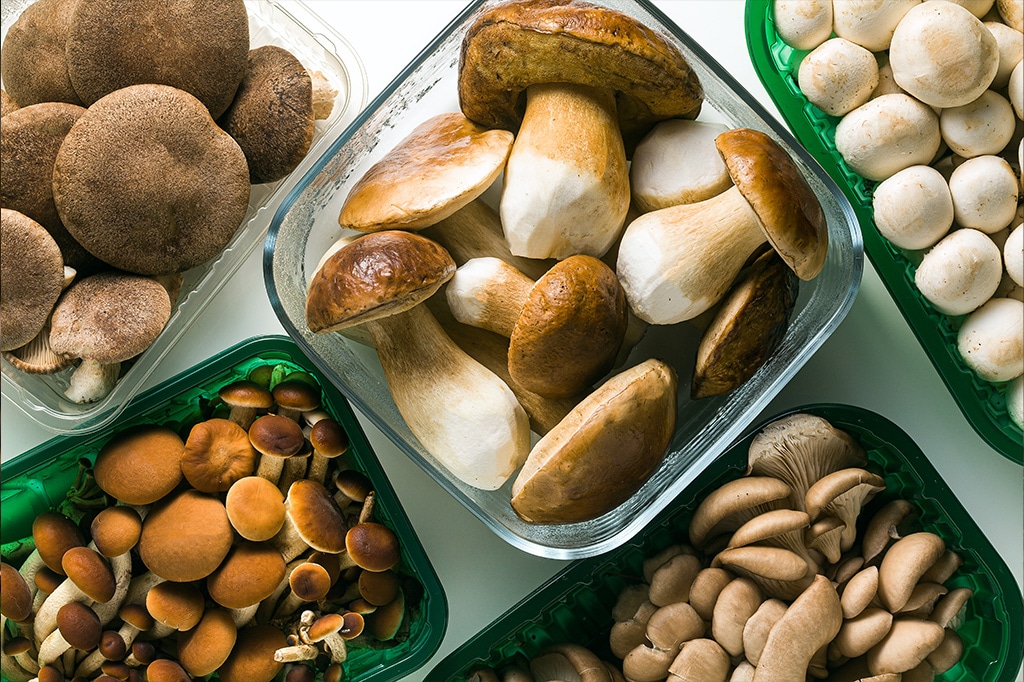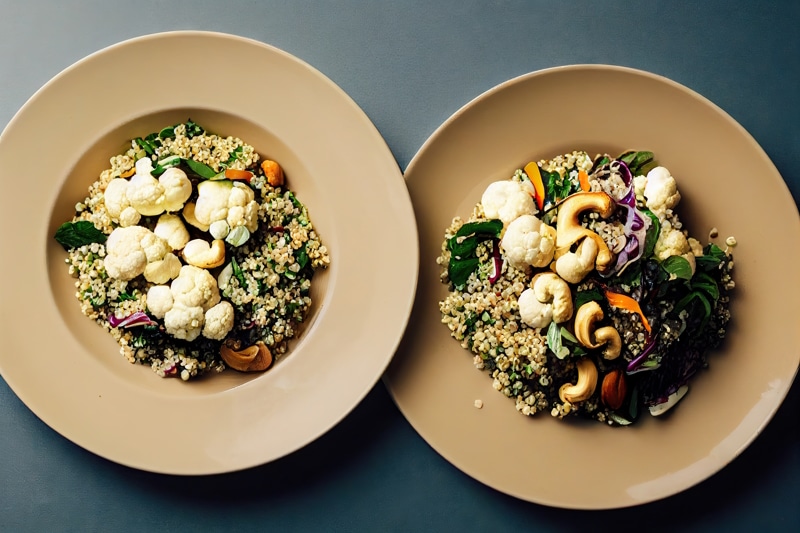A new study for the scientific journal Journal of Affective Disorders found that people who eat mushrooms might have a lower risk of experiencing depression. For this study, researchers from Penn State University used data on diet (specifically to assess mushroom intake frequency) and mental health collected from more than 24,000 American adults between the years 2005 and 2016.
Mushrooms are high on bioactive compounds that can be associated with reducing anxiety, including B12, nerve growth factor, antioxidants, and anti-inflammatory agents, the researchers theorized that mushroom consumption is associated with a lower risk of depression.
Lead researcher Djibril Ba said in a statement:
“Mushrooms are the highest dietary source of the amino acid ergothioneine—an anti-inflammatory which cannot be synthesized by humans
“Having high levels of this may lower the risk of oxidative stress, which could also reduce the symptoms of depression.”

The average age of participants was 45, the majority (66 percent) were white people. The researchers observed a significant association between mushroom consumption and lower odds of depression after accounting for socio-demographics, major risk factors, self-reported diseases, medications, and other dietary factors. The study also found that there is no additional benefit with a relatively high mushroom intake.
The research team conducted a secondary analysis to see if the risk of depression could be lowered by replacing a serving of red or processed meat with a serving of mushrooms each day. But no connection was found.
The researchers noted some limitations that could be addressed in future studies, unfortunately, the data used for the study did not provide details on the types of mushrooms consumed. Because the researchers analyzed data from the National Health and Nutrition Examination Survey 2005–2016, food codes issued by the US Department of Agriculture were used to determine mushroom intake. As a result, the researchers could not determine the effects of specific types of mushrooms on depression.
Before this research, there have been few studies that have examined the association between mushroom consumption and depression.
While this study specifically focused on mushrooms, several other medical studies have examined the relationship between mental health and diet. A study conducted in 2012 found that starting a vegetarian diet can actually improve one’s mood. Of 39 participants, the researchers found that omnivores reported experiencing more negative moods—such as anxiety, stress, and depression—than vegetarians, possibly due to meat’s higher content of arachidonic acid, a component found to create brain changes that impact disposition.
Additionally, other studies found that frequent consumption of fast food and processed sweets can increase the risk of depression. Of the nearly 9,000 participants, the researchers discovered that the subjects who ate the most fast food (such as hamburgers and pizza) and baked goods (doughnuts, croissants, and other pastries) were 51 percent more likely to develop depression.








